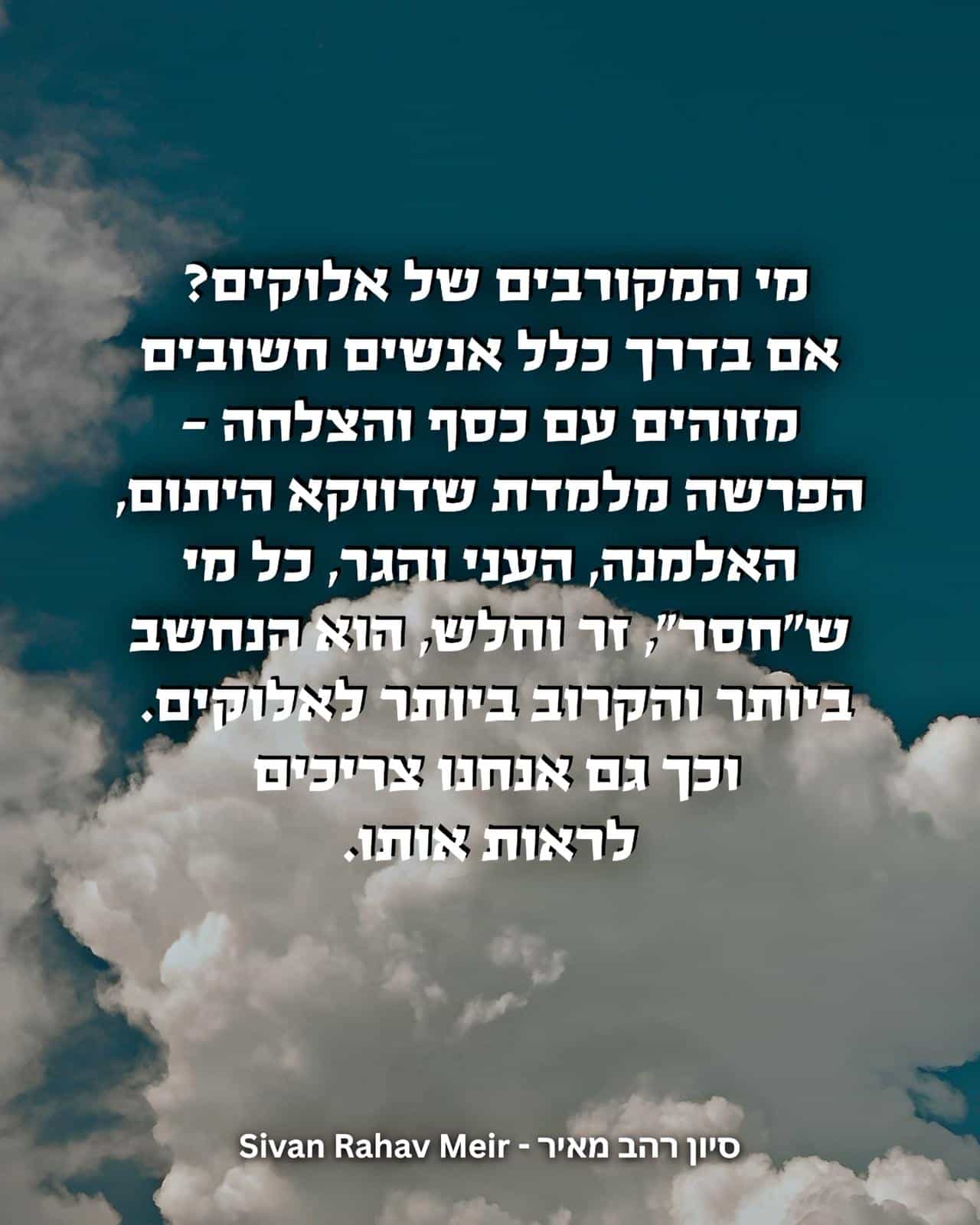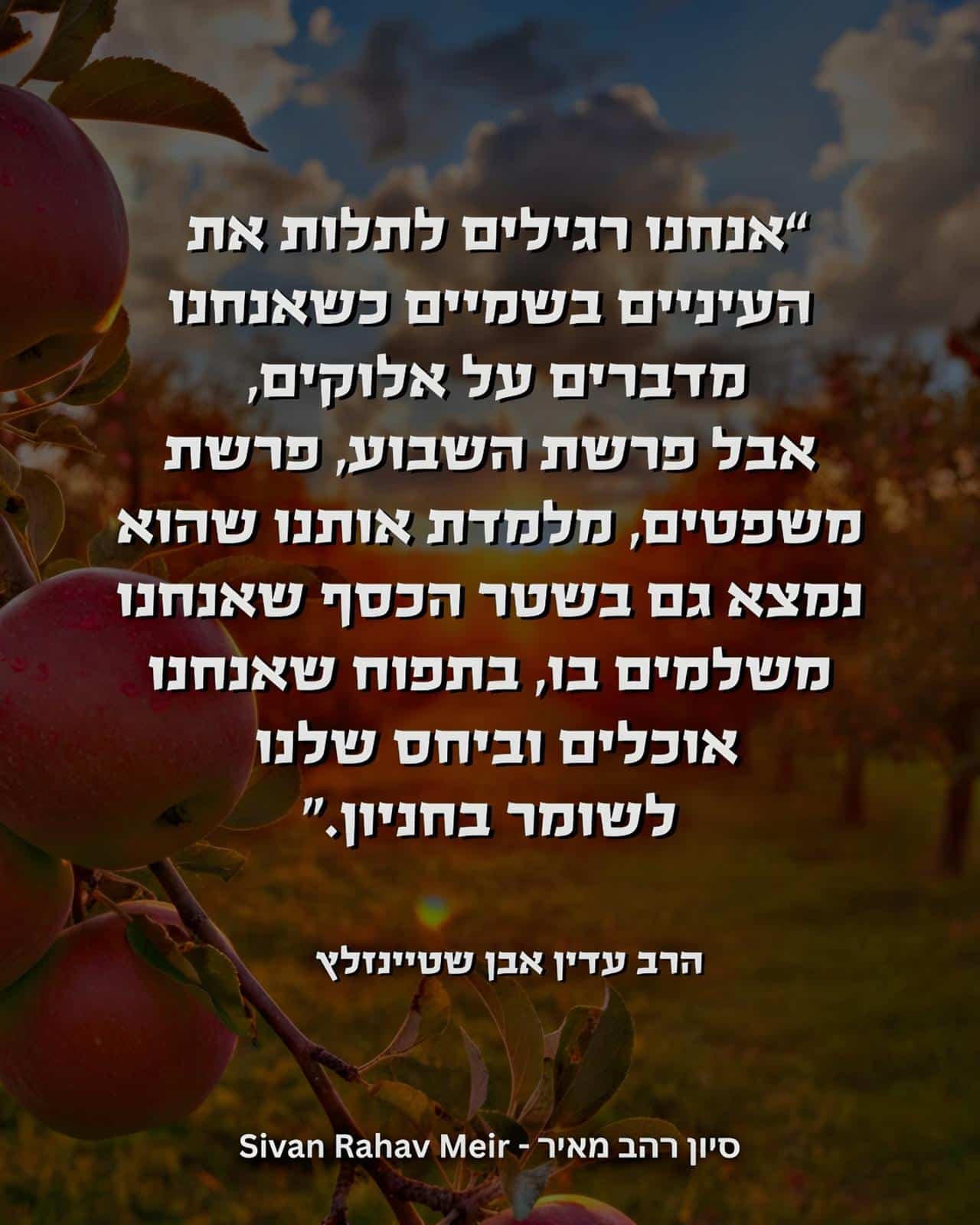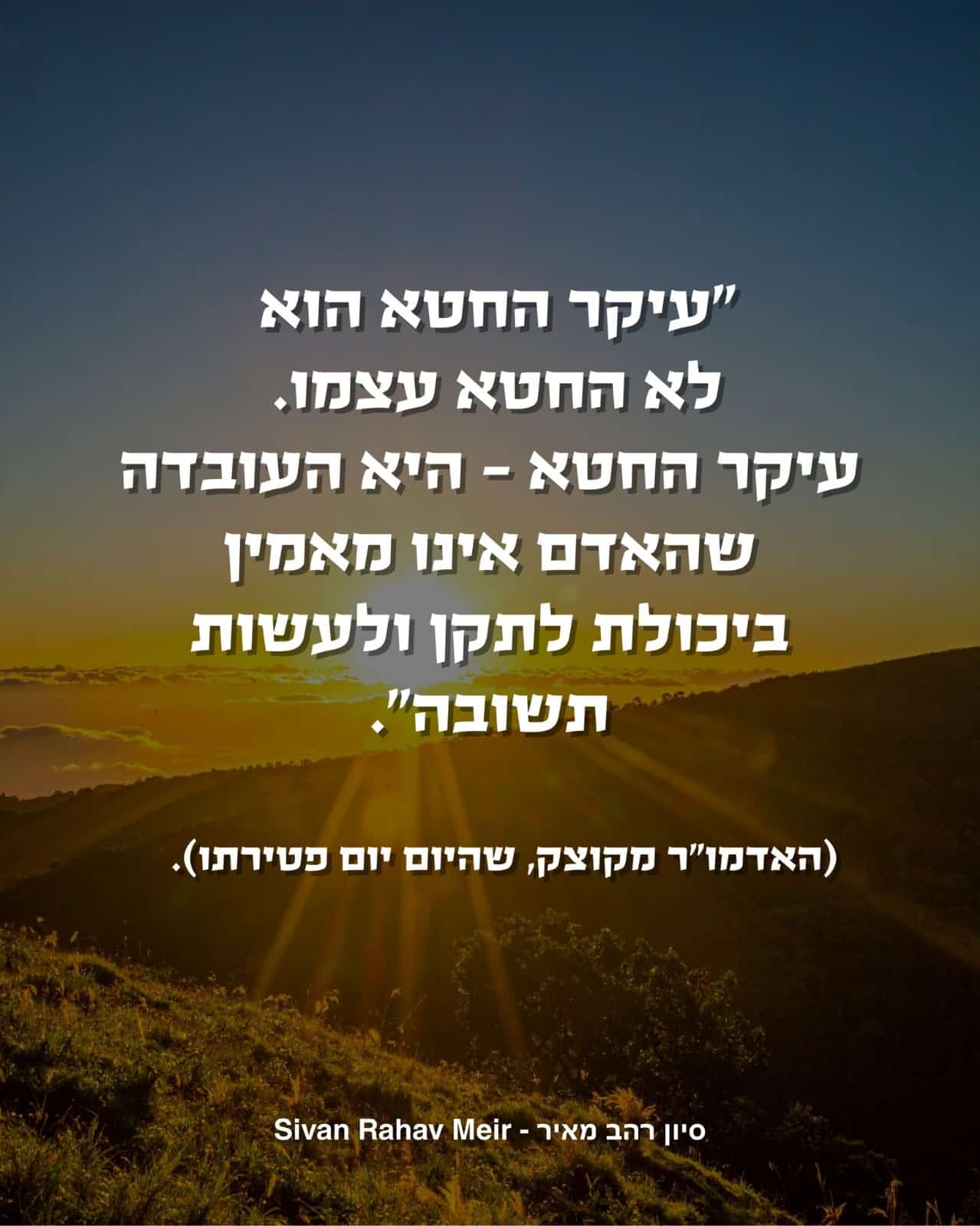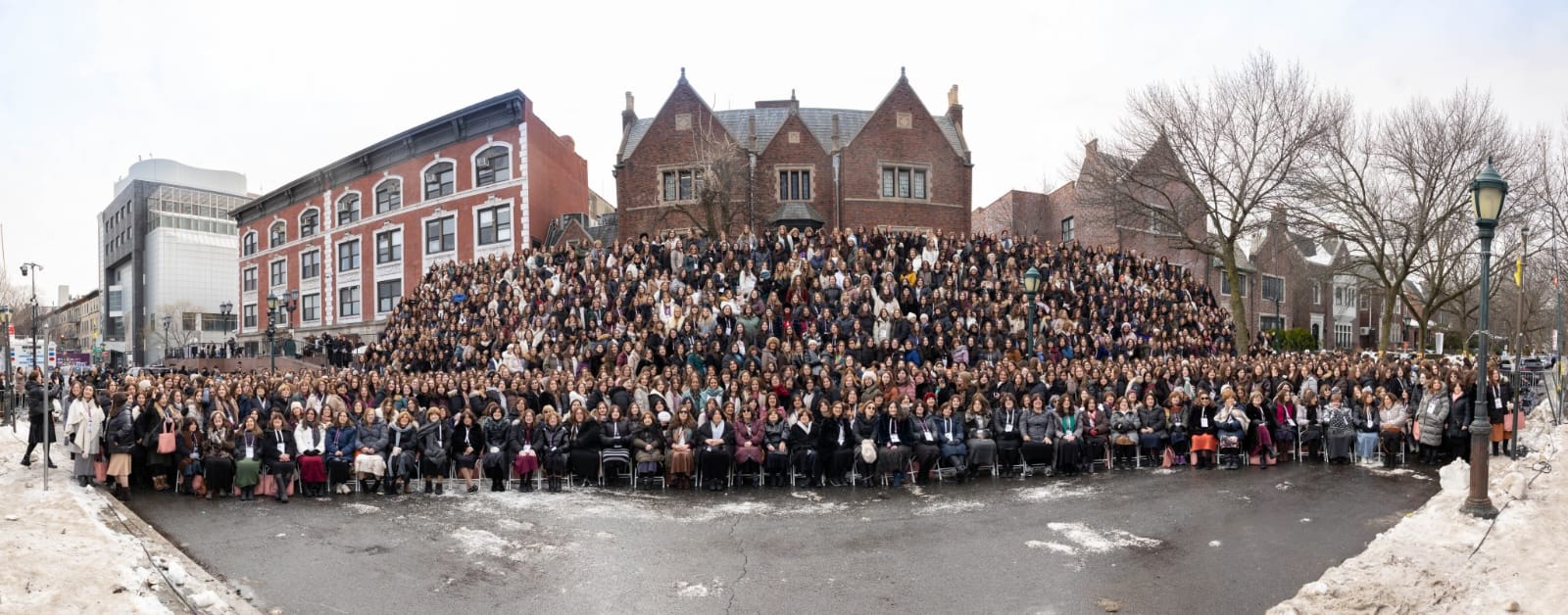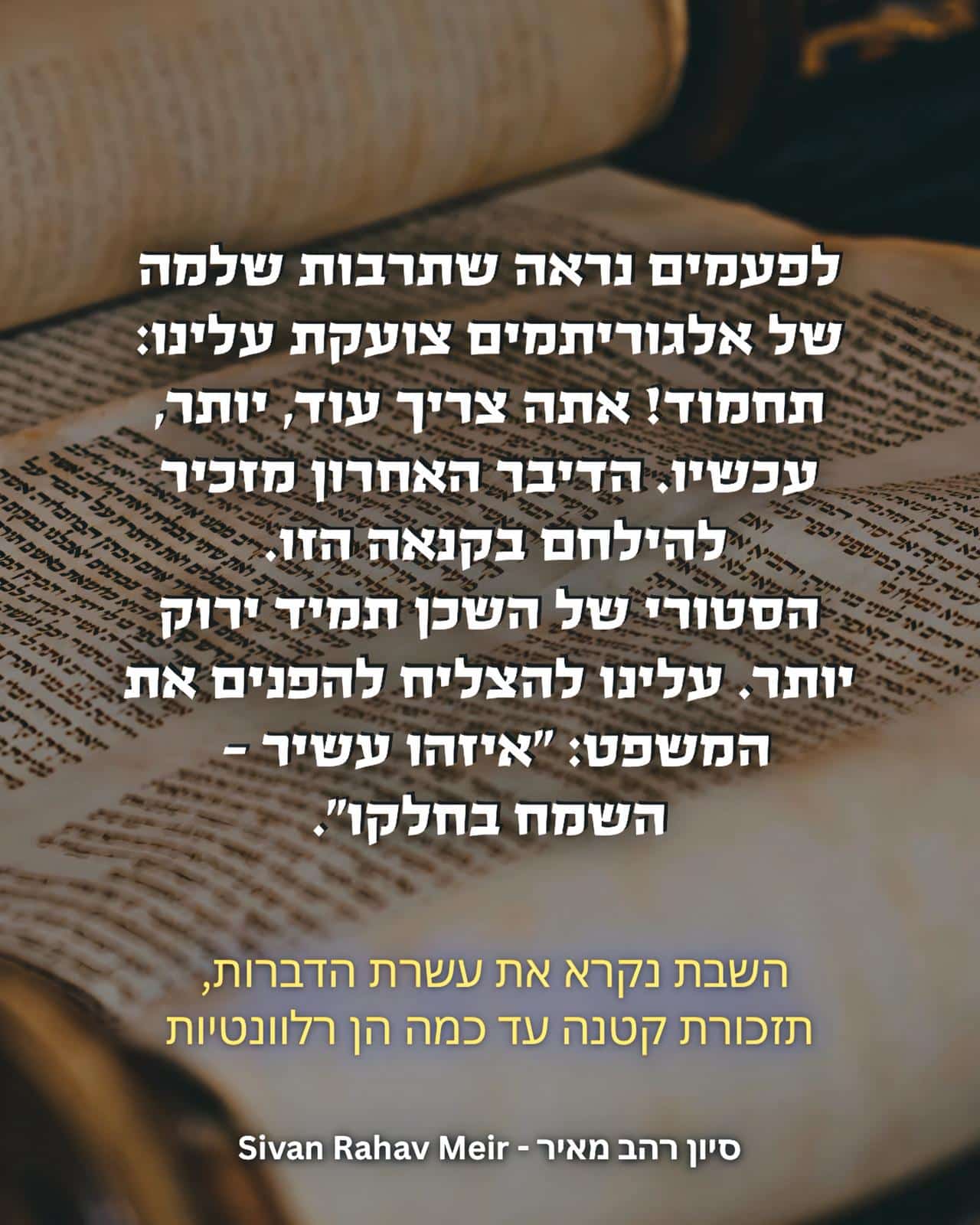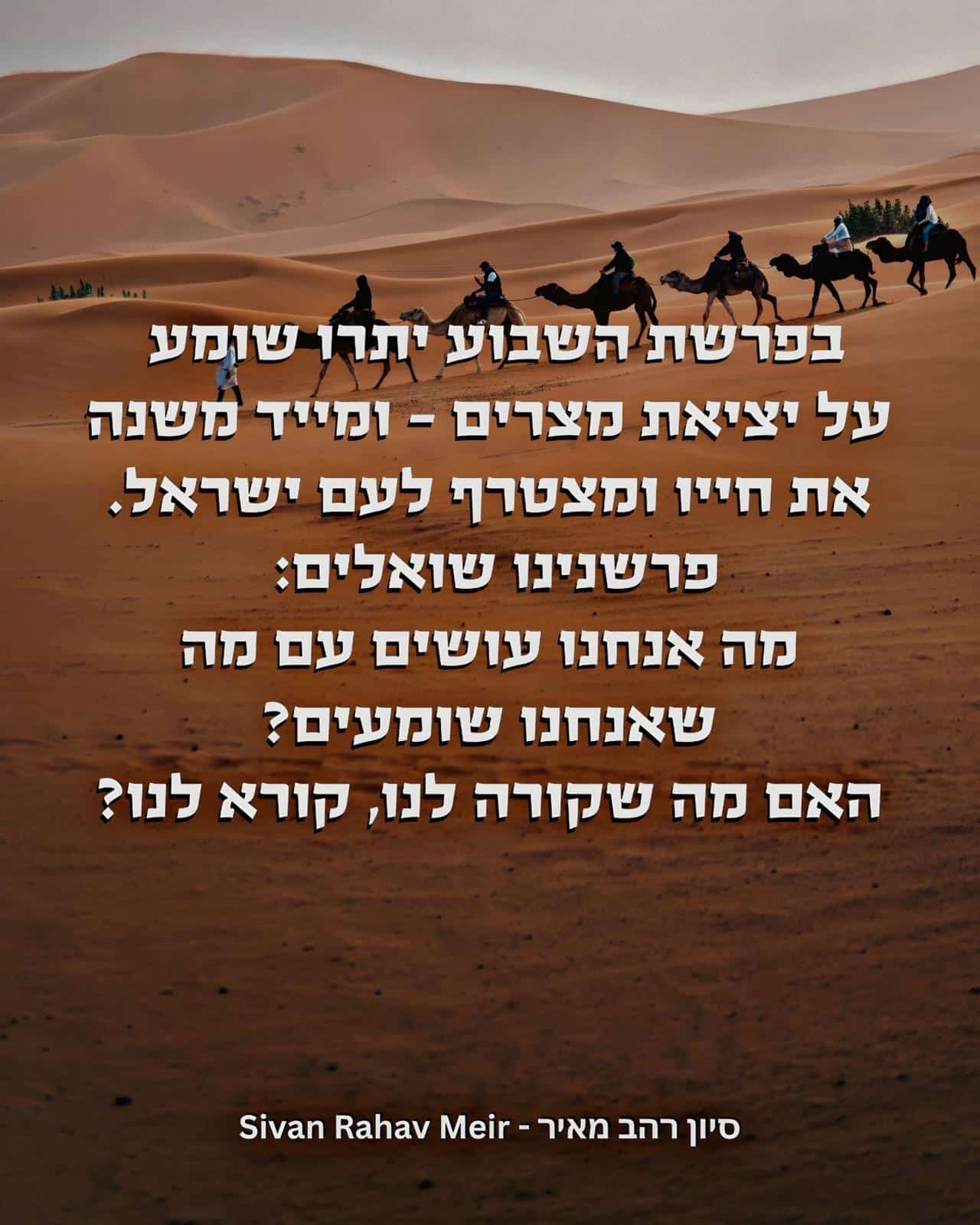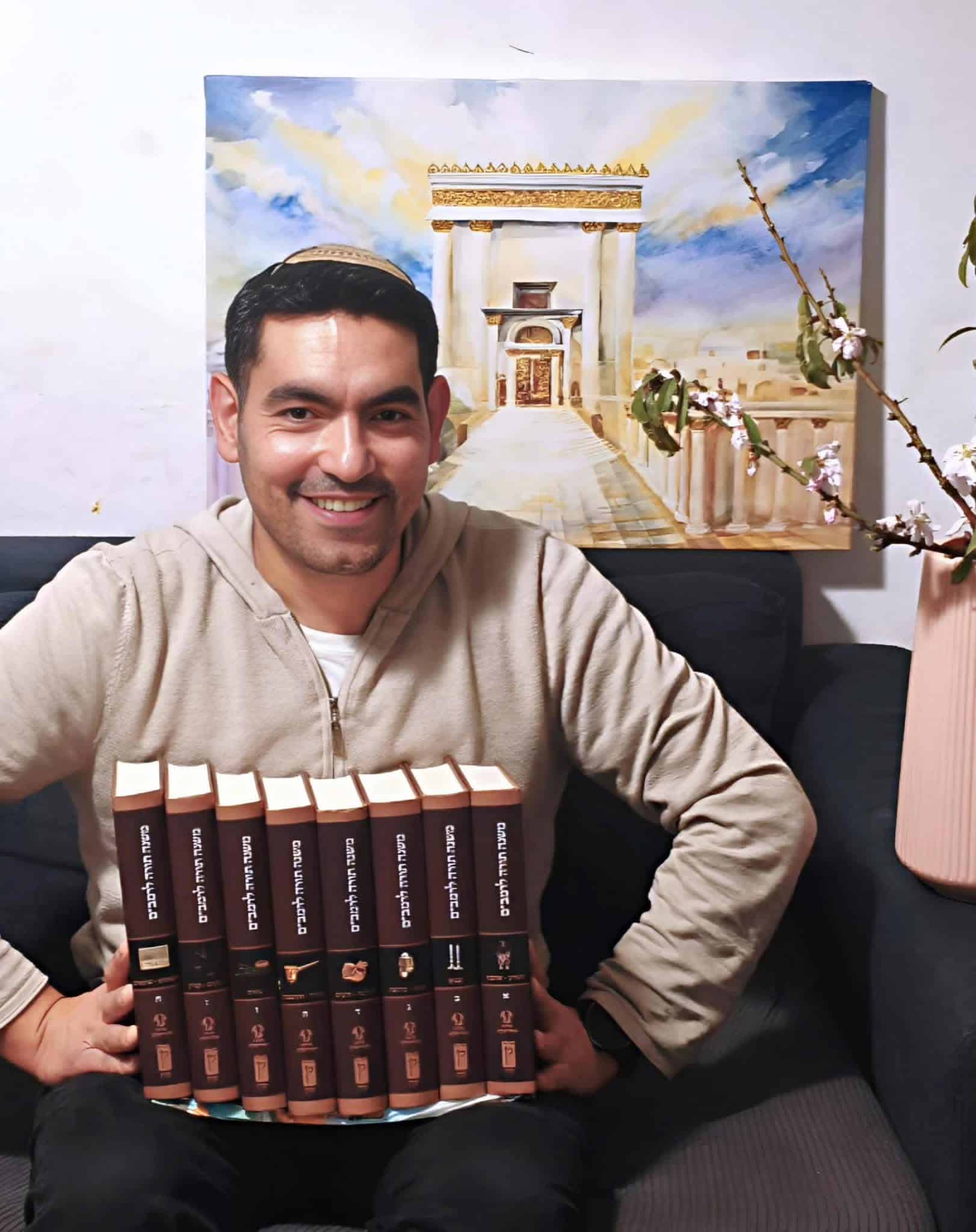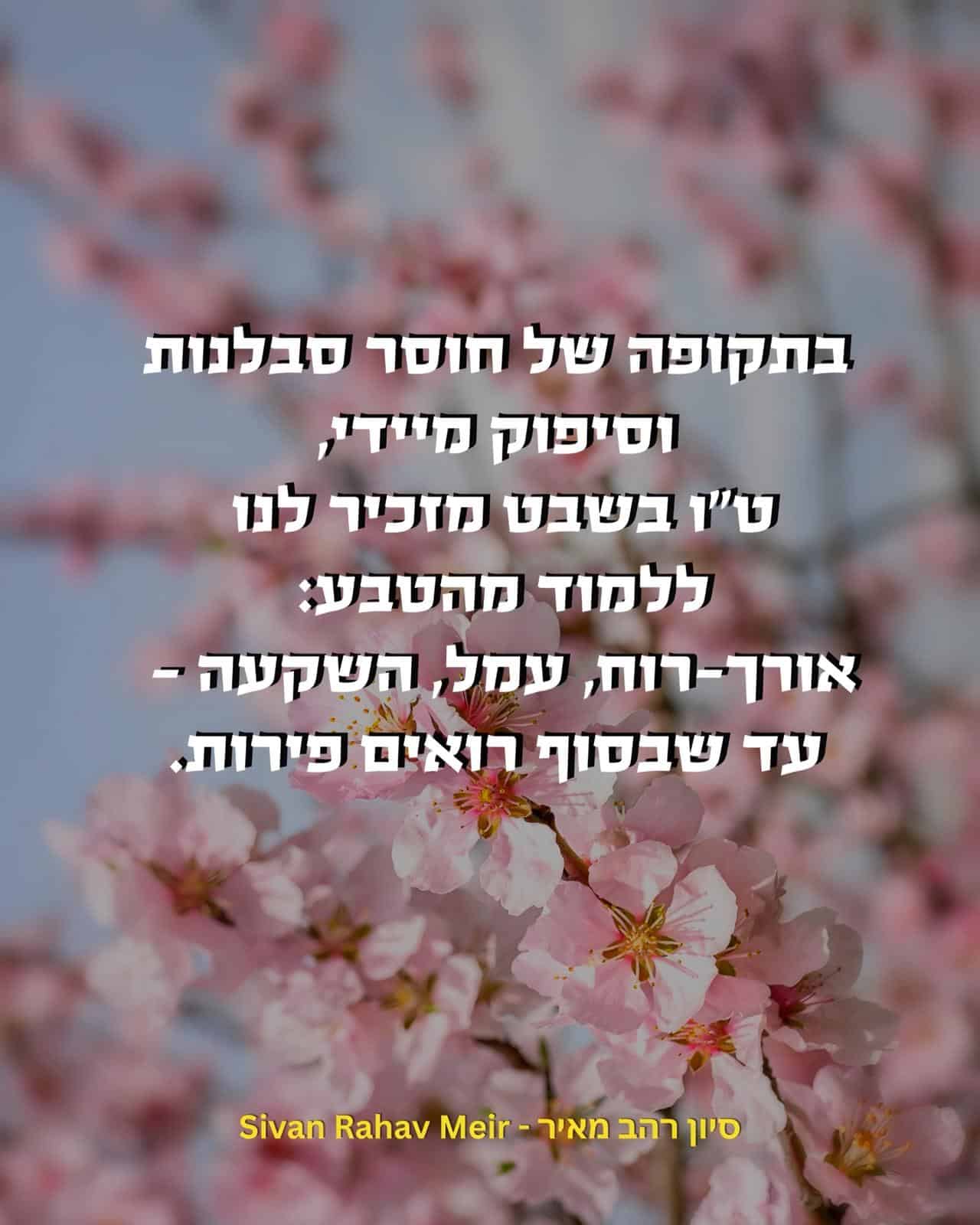Translation by Yehoshua Siskn
Someone once approached his town’s rabbi just before Pesach and asked if he could fulfill the obligation of drinking four cups of wine at the Seder by drinking cups of milk instead. The rabbi said “No” and gave the person who asked a nice donation. The rabbi’s wife then asked: “Why did you give him so much money? Four cups of wine don’t cost that much.” And he answered: “I gave him enough for all the expenses of a proper Seder because from his question I understood that he had none of the Seder necessities. How is it possible to drink milk at a festival meal that includes meat?”
Rav Shlomo Wolbe would tell this story when discussing this week’s Torah portion: We don’t want to be kindness robots, giving only what’s asked or what’s expected. We need to go above and beyond, with insight into the other’s plight, to check and see what is behind a simple request for help.
In this week's Torah portion, Rivka meets Eliezer, who is in quest of a bride for Yitzchak. He asks only for a little water to drink, but she understands that his camels must be thirsty too and brings abundant water for them as well. He asks only to spend the night but she understands that he needs to stay longer than that and suggests he extend his stay for several extra nights in her family’s home. This quality of going above and beyond, this special brand of kindness, is what transformed Rivka into Rivka Imeinu.
This code of conduct is applicable to marriage, to children's education, to the workplace and, in fact, to everywhere else. If someone turns to us with a seemingly minor request, we tend to just "plug the hole" or "fix the leak," to make a check mark next to our willingness to help. But sometimes a request for help is much more than that. It could contain within it a host of other needs. It is our responsibility to make an effort to discover and satisfy those needs as well.


